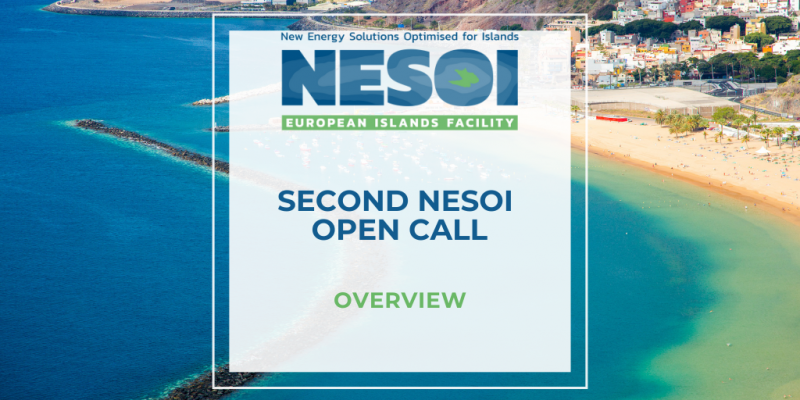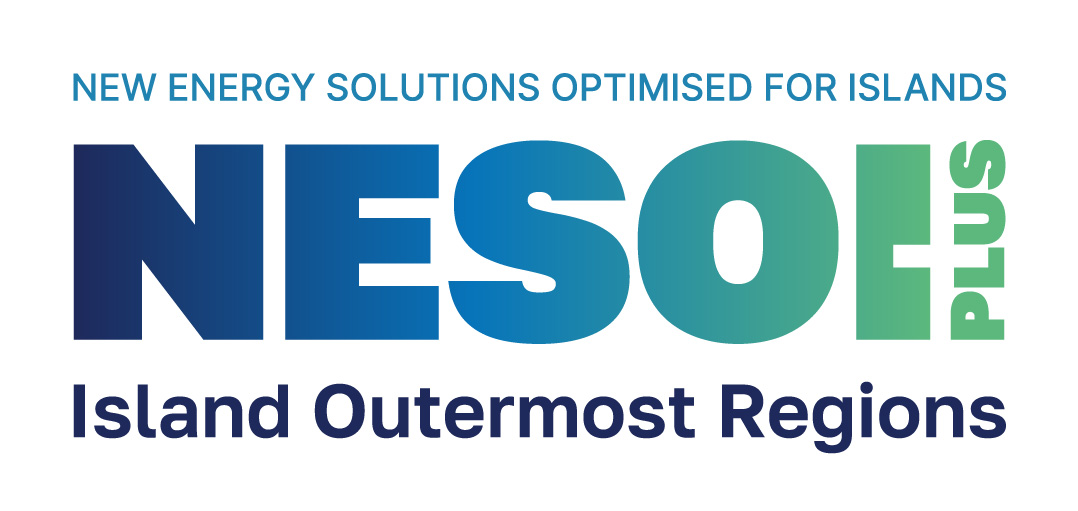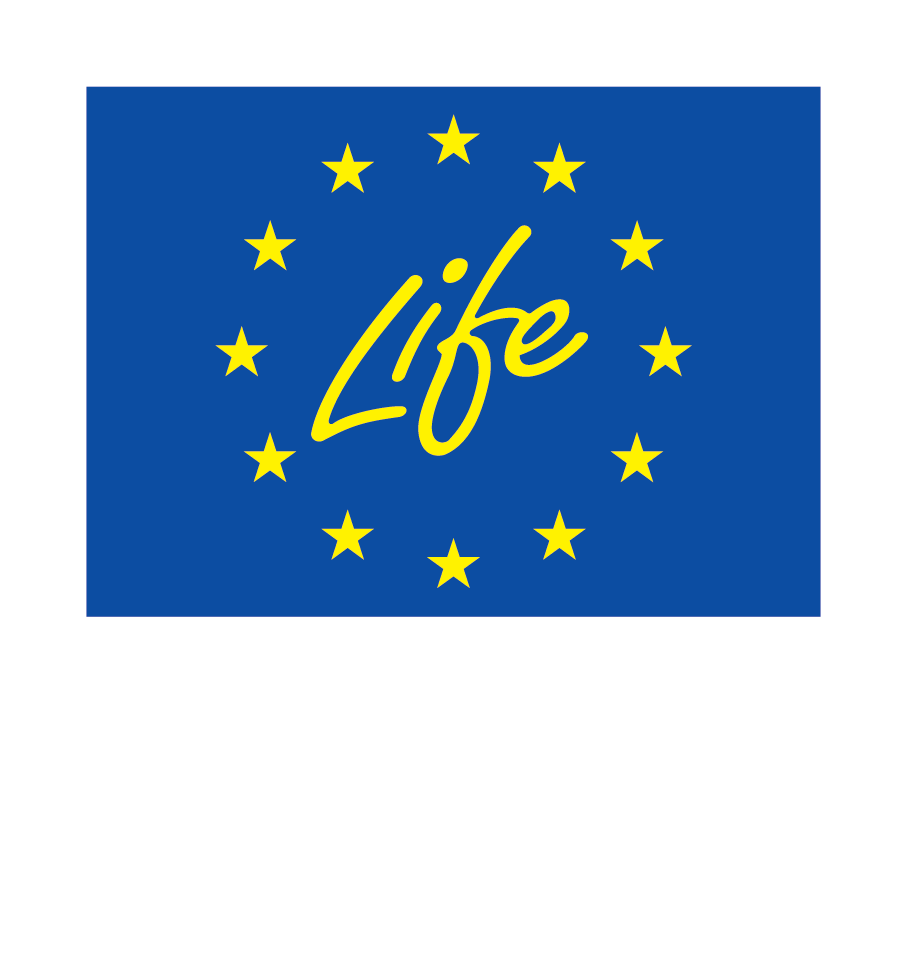The EU Island Facility NESOI is pleased to announce the results of the second call for proposals following the energy transition programme of the project. This call received 49 applications that involved 54 European islands in 14 countries. After careful evaluation of the submitted proposals, 12 were selected to receive financial support, making a total of EUR 714,000.
The geographical scope of the projects include the following countries: Spain, United Kingdom, Italy, Greece, Estonia, France, Croatia, Denmark and Portugal, involving 19 islands in total and have different levels of maturity. Five of the proposals are at a "Conceptual design" level; four are at "entry-level" and three at a "deployment level" stages.
Taking into account the broad field of renewable energies, the projects tackle diverse specific domains such as: hydrogen, e-boats, energy upgrade, energy harvesting, geothermal energy, research for the Clean Energy Transition Agenda (CETA) or analysis of best practices.
The selected projects will support the EU Island Facility NESOI environmental and economic objectives as well as contribute to achieving the EU’s broader clean energy targets as outlined in the EU Green Deal. The validation of the selected projects is completed and kick-off activities for several of them are expected to begin in the coming weeks. (The full list of selected projects is under preparation)
Looking back to the 1st call:
The initial action to engage European islands in this energy transition programme gave a result of 28 funded projects out of 117 applications, which involved 10 countries and 40 islands around Europe. The total support, comprised a total of EUR 1.6 M on technical and financial assistance.
In contrast with the ongoing process, the selected projects of the first call revolved around the creation of energy from renewable sources. The preferred means were solar and wind, but there were also initiatives about tidal energy, pumped storage hydropower (PSH) or biomass, for instance.
Further information
Islands across the EU have long been prime candidates for the implementation and uptake of renewable energy sources like wind, solar and tidal, and in engaging all relevant local stakeholders in the clean energy transition process. Their specific geographical situation naturally creates a need for a strong and cohesive community. Additionally, with tourism being an important asset and at the same time a stress factor, the preservation of the natural environment of islands as well as the establishment of a resilient economy is a key aspect of the clean energy transition.
In Europe alone, there are around 2,400 inhabited islands. To support them in driving the energy transition, the European Commission launched the EU Island Facility NESOI (New Energy Solutions Optimized for Islands) in 2019. The NESOI facility backs local entities of islands in getting the necessary technical and financial support for the effective development of their energy transition plans.
The EU Island Facility NESOI is an interdisciplinary group of experienced partners including economic and financial specialists, technical, legal and procedural experts as well as consultants on environmental and social issues that have joined forces to help island communities achieve more efficient and sustainable energy solutions, in line with the EU’s clean energy priorities, through the funding, supporting and monitoring of energy projects lead by local authorities and island energy communities.
The NESOI consortium is made up of 10 recognised organisations from 7 different EU member states led by SINLOC - Sistema Iniziative Locali S.p.A, in partnership with R2M Solution, RINA Consulting S.p.A., ZABALA Innovation Consulting S.A., Hellenic Association for Energy Economics, E.ON Innovation, Fundación CIRCE Centro de Investigación de Recursos y Consumos Energéticos, Centre for Research and Technology Hellas, Deloitte Advisory, S.L. and Wolf Theiss Rechtsanwalte GmbH & COKG.
Starting in 2019 and ending it 2023, the EU Islands Facility NESOI has been awarded by the European Commission with a Horizon2020 Programme grant of €10 million, out of which €6.2 million are meant to directly support islands in their energy transition process.


